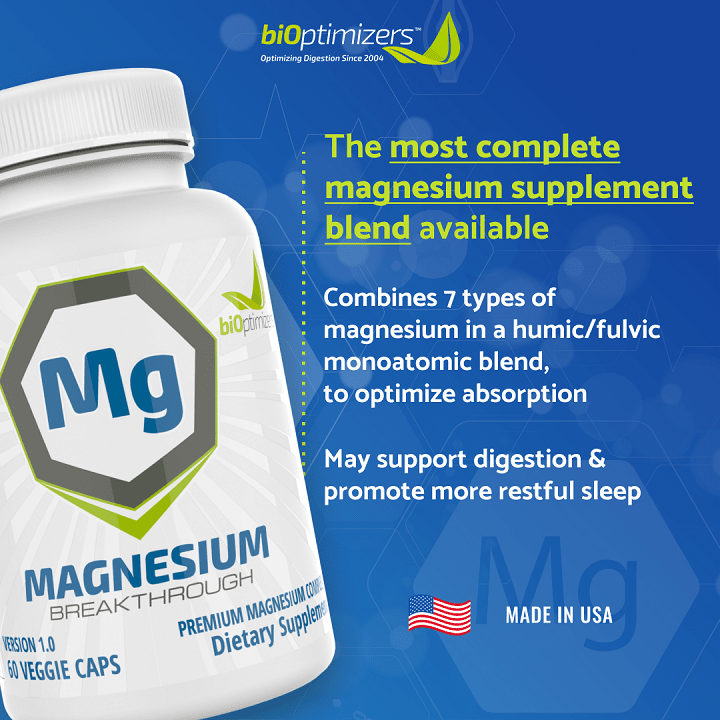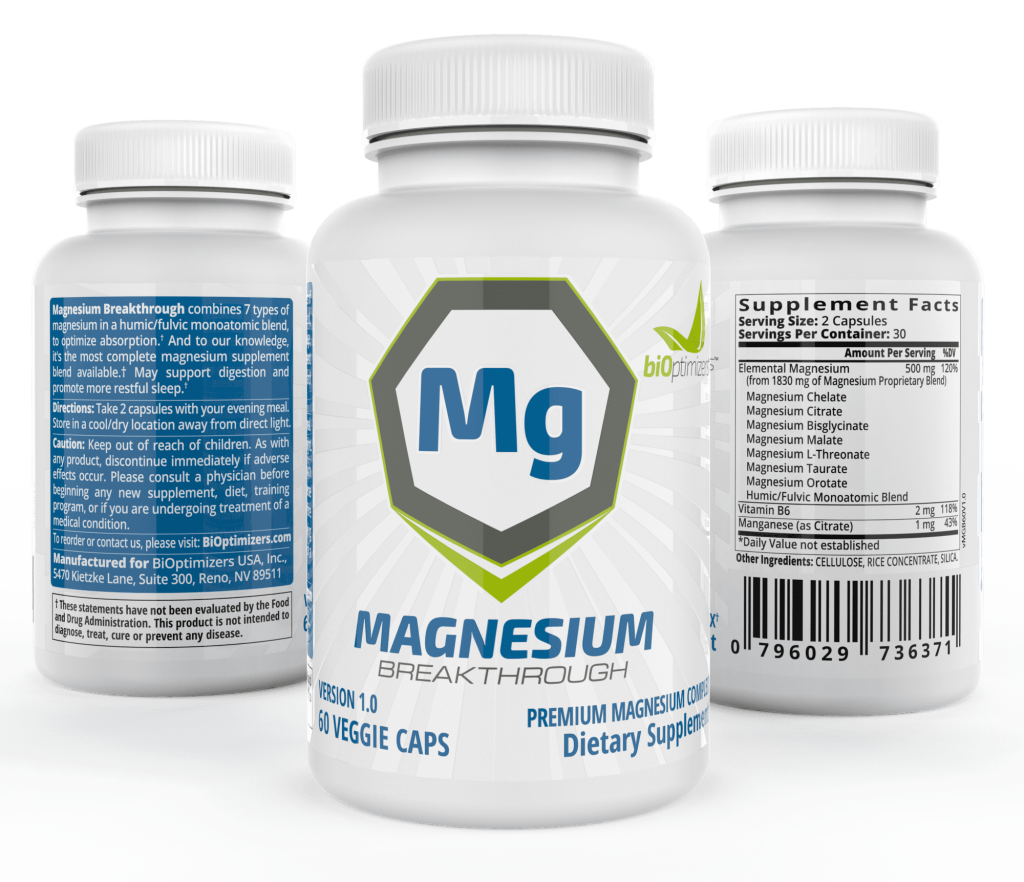While a balanced diet rich in essential nutrients is the foundation of kidney health, some individuals may consider dietary supplements as part of their overall wellness strategy. However, it’s important to note that supplements should be used cautiously and under the guidance of a healthcare professional, especially if you have pre-existing health conditions or are taking medications. Here are some supplements that have been suggested to potentially support kidney health:
- Omega-3 Fatty Acids: Omega-3 fatty acids, found in fish oil supplements, have anti-inflammatory properties and may help reduce inflammation in the kidneys. They could be beneficial for individuals with kidney conditions, but consultation with a healthcare provider is recommended.
- Vitamin D: Vitamin D plays a role in kidney health and bone health. People with kidney disease may have lower levels of vitamin D, so supplementation might be necessary under medical guidance to prevent deficiencies and support overall health.
- Antioxidant Vitamins: Vitamins such as vitamin C and vitamin E are antioxidants that help protect cells, including kidney cells, from oxidative stress. Some research suggests that antioxidants may have a role in supporting kidney health.
- B Vitamins: B vitamins, including B6, B12, and folate, play various roles in bodily functions, including supporting kidney health. However, supplementation should be based on individual needs and medical advice.
- Coenzyme Q10 (CoQ10): CoQ10 is an antioxidant that may support overall health and kidney function. It’s important to consult a healthcare professional before using CoQ10 as a supplement.
- Herbal Supplements: Certain herbs like turmeric, garlic, and ginger have potential anti-inflammatory and antioxidant properties. However, herbal supplements should be used cautiously and in consultation with a healthcare provider due to potential interactions and side effects.
- Probiotics: Probiotic supplements may support gut health, which in turn can have an impact on overall well-being. Healthy gut function is linked to various bodily processes, including immune and metabolic functions.
- Magnesium: Adequate magnesium intake is important for kidney function. However, supplementation should be guided by healthcare professionals, as excessive magnesium intake can be harmful.
- Cordyceps: Some research suggests that cordyceps, a type of mushroom, may have potential benefits for kidney health. However, more research is needed to fully understand its effects.
- N-Acetyl Cysteine (NAC): NAC is an antioxidant that may support kidney function and help protect against oxidative stress. Consultation with a healthcare provider is advised before taking NAC as a supplement.
Remember that supplements are not a substitute for a balanced diet and a healthy lifestyle. In some cases, taking too many supplements or taking them inappropriately can have adverse effects. Always consult a healthcare professional before starting any new supplement regimen, and inform them of any existing medical conditions or medications you are taking. They can provide personalized guidance based on your individual health needs and goals.


1 thought on “Kidney supplements”